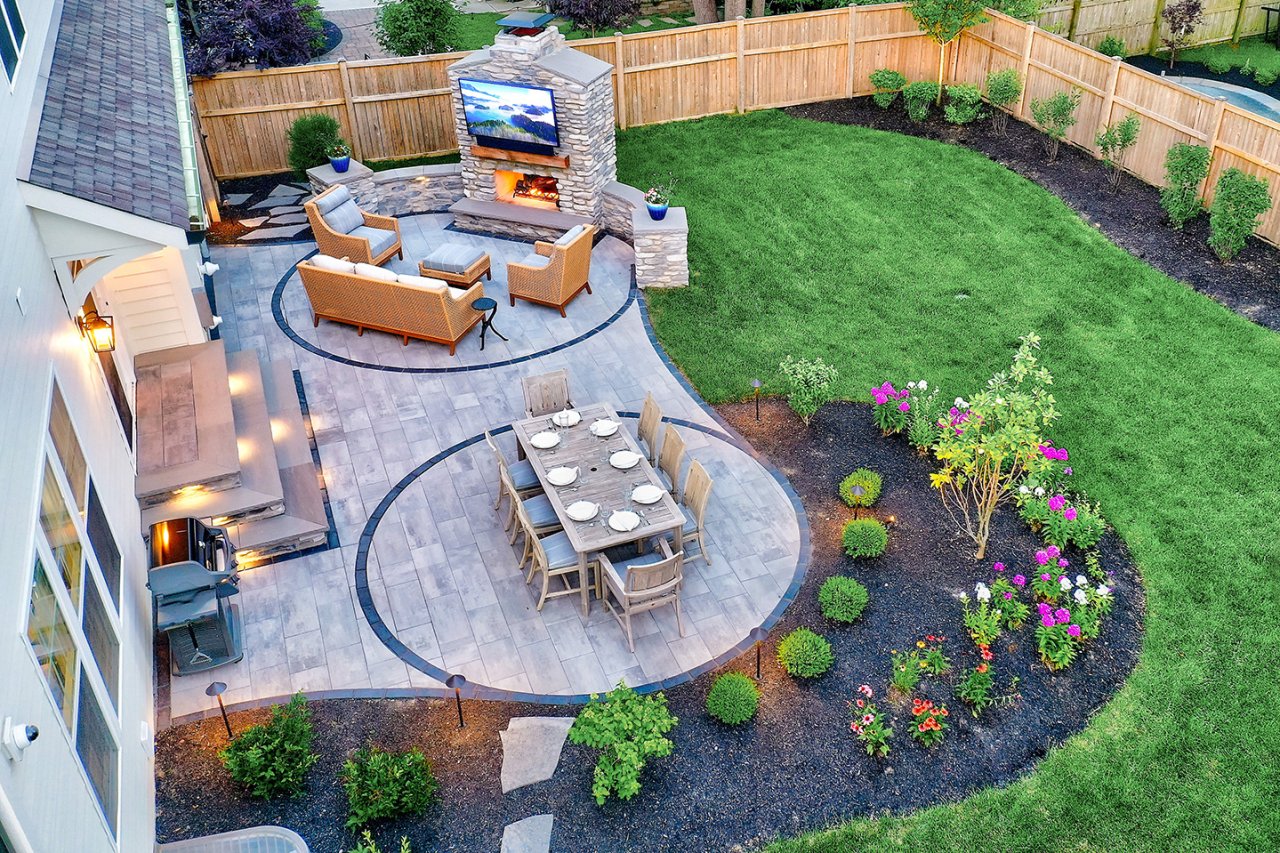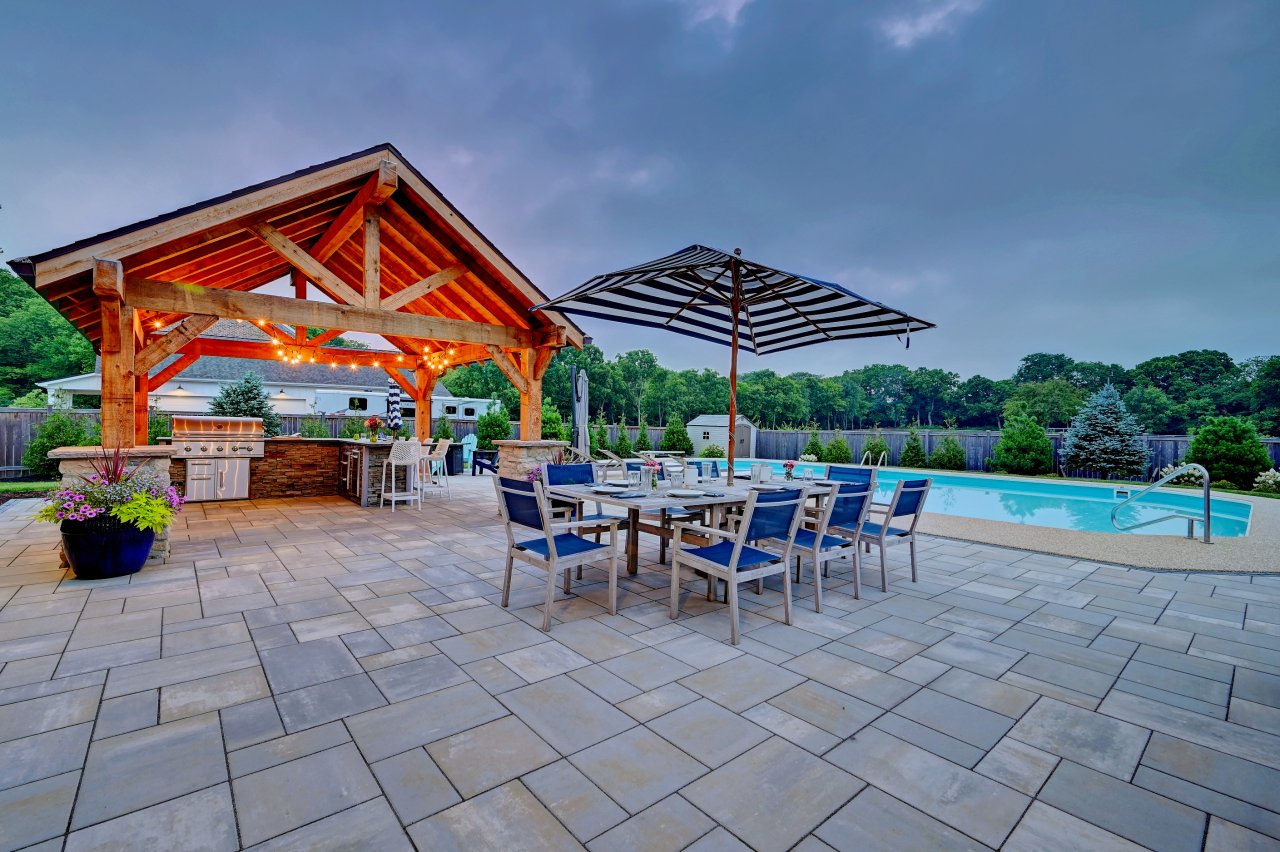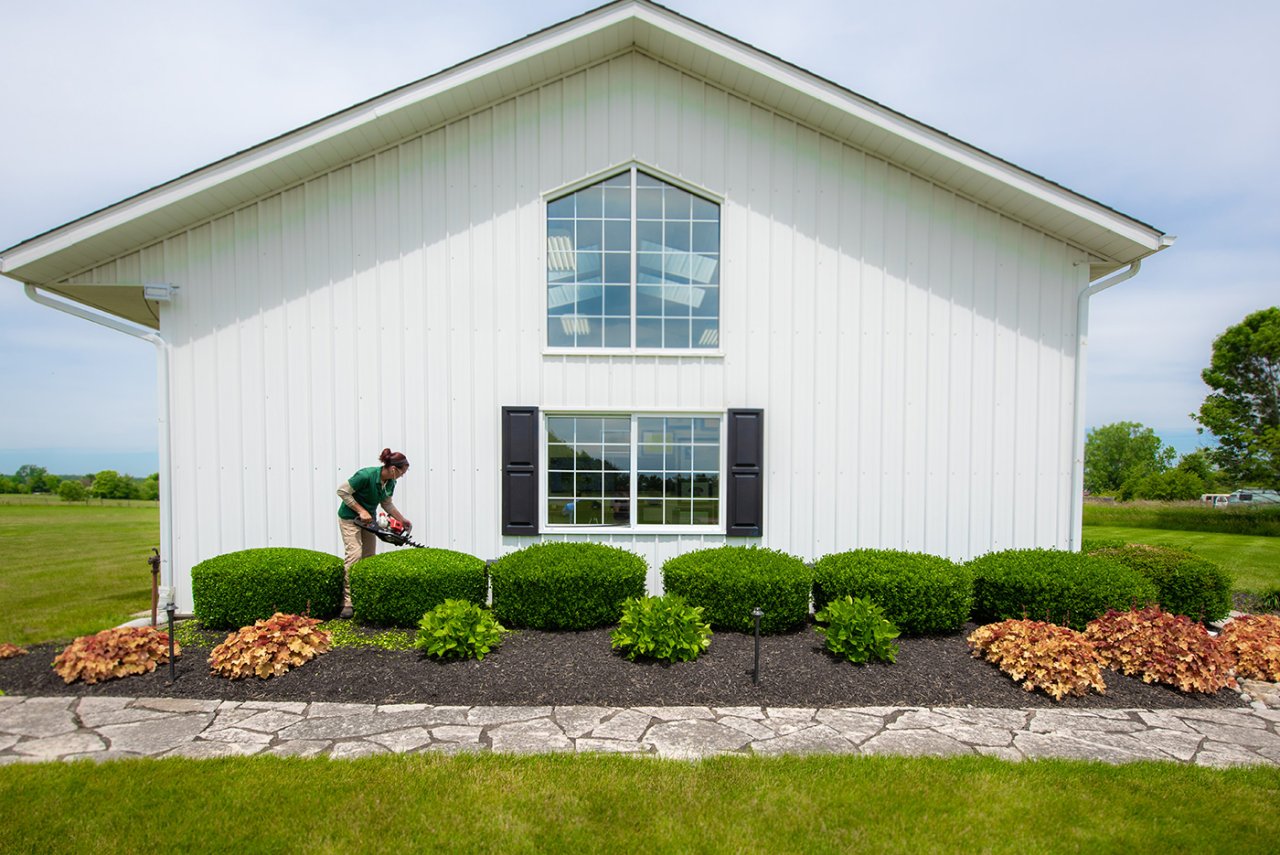
Choosing A Landscape Designer

With so much to consider, choosing a landscape designer can be a daunting task. Whether you’re looking for a complete backyard makeover or just need to give your garden beds a facelift, the right landscape designer can impact the process and end-result.
The first step is knowing where to start. Before engaging a landscape company for the job, take time to research and find the right fit for you. Of course, the design process will become much clearer after engaging a professional, doing a little work ahead of time will result in a better outcome for all parties involved.
Here are some things to consider when hiring a professional.
Know what you want
It’s important to know what you’re asking for. Are you looking to create a garden from scratch, reimaging your current space, invite new elements into the design – such as a swimming pool, fire pit, or water feature, or are you in need of outdoor living space? Having a clear understanding of what you’re looking for helps to set expectations and find the right company for the job.
Additionally, it helps to have a clear budget in mind. This way our designers will be able to tell if what you want to achieve is viable. Designers should be able to provide you with ballpark estimates to give you an idea of what the bottom line will be. Although each property is different you can ask what they have charged for similar projects in the past.
Know Your Style
Once you determine what you’re looking it’s time to dive a little deeper and by asking yourself what you want from your outdoor space, how you see yourself spending time there, and what design aesthetics appeal most to you? For even more detail you can consider the soil conditions, sun exposure, and water accumulation. Gather inspiration from your neighborhood or online sources to help formulate the type of landscaping that speaks to you.
Do your homework
Compile a short list of companies who design landscaping in your area. Research them online, read reviews from previous clients, and check out their social media pages. Ask family, friends and colleagues for their recommendations but follow that up with research of your own. Be leery of contractors offering incredibly low prices or immediate results. Instead focus on companies with experience in a variety of services.
Narrow your list down to two or three professionals to contact and get the process started.
Verify, Verify, Verify
Check qualifications, professional accreditations, and memberships that the landscaping company may belong to. Make sure they are fully insured. Look at their rating on the BBB, ask about satisfaction guarantees, and see how long they have been in business.
Look at website galleries for previous work they have completed. Ask for references or ask to visit a property in person to see the completed project yourself. Lastly, if you come across a negative review, dig deeper and get the details of what caused the bad experience.
Have a shared goal
Write down your ideas and objectives, have an image in mind, and be able to convey that to your potential landscape contractor. Be sure to bring that information and to take notes during the initial discussion. The best finished projects come from close collaboration between the landscaper and client. Talk about your expectations and make sure that you and your landscaper are on the same page.
A major landscape installation can really disrupt your life – the yard will temporarily look like a bomb has gone off, the driveway may be blocked, it can be noisy, workers will invade your yard. Simply put, it takes over your life and you’ll want to know that they are flexible and communicative enough to work with you on your scheduling needs.
Understand the process
A good landscape professional will take the time to ensure you understand every step of the design build process. For example, you should be confident that you know when different stages of the process will start, why specific plants and materials are being chosen, and receive communication when changes arise.
A comprehensive written contract, detailed plan, and estimate should be standard practice for the landscaper. The more thorough you are in finding the right landscape designer for your project, the better the result.








